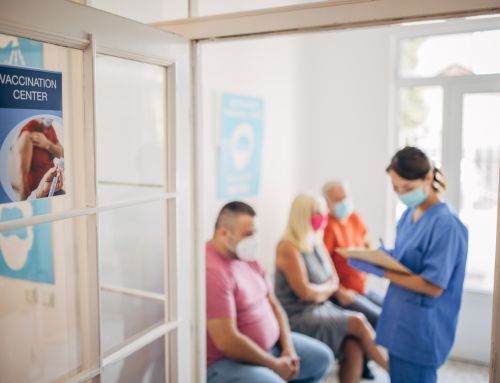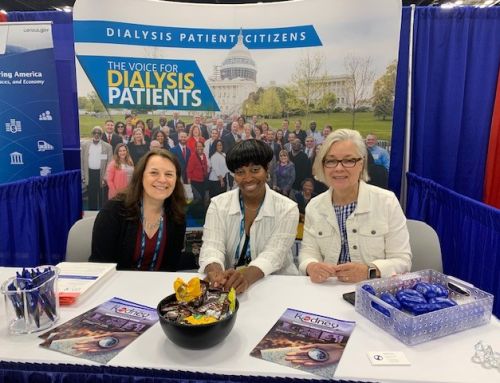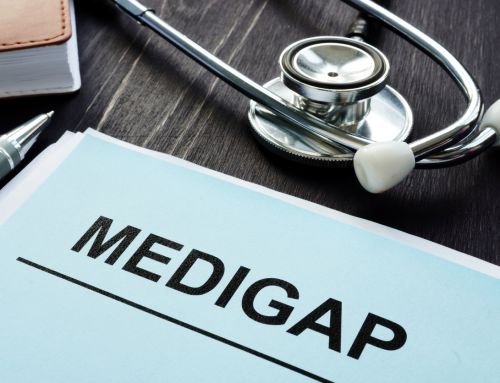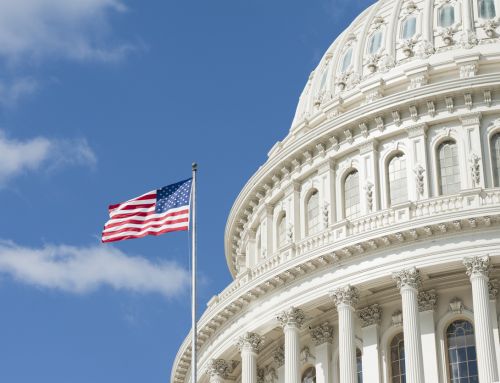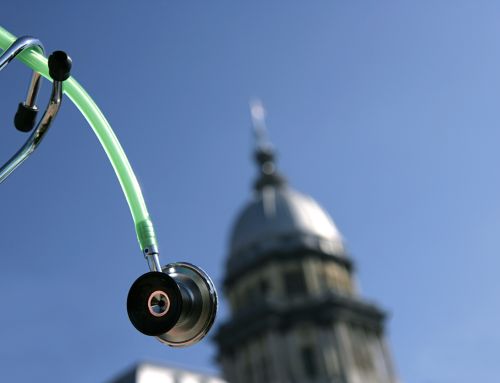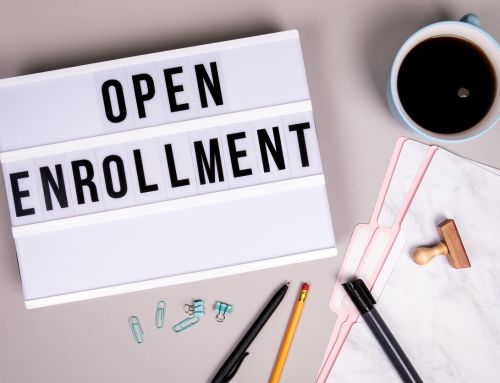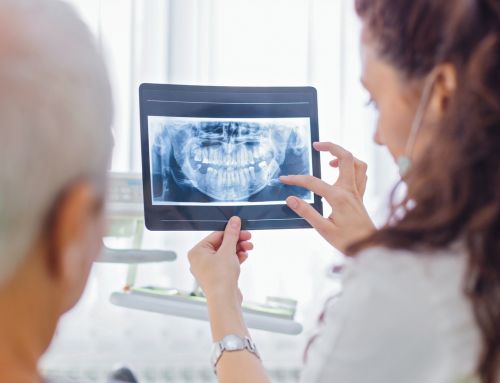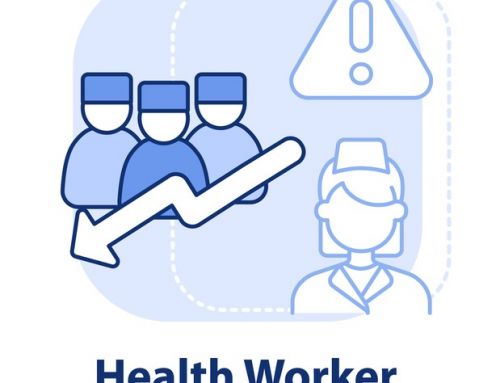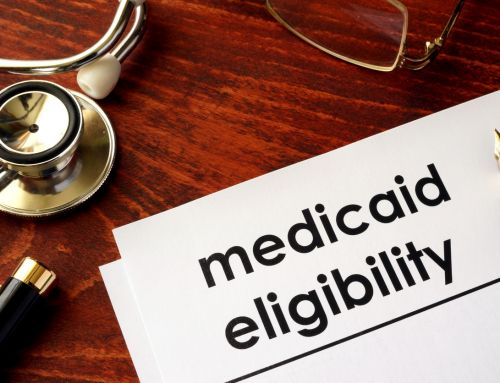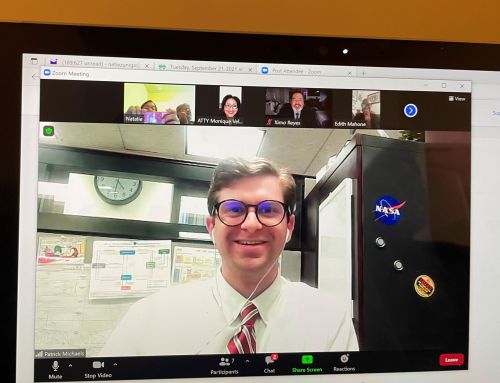Dr. Jonathan Curtin, Medical Director
NYS Department of Health
Division of OHIP Operations
Office of Health Insurance Programs
150 Broadway
Albany, NY 12204
Jonathan Bick, Acting Director
NYS Department of Health
Division of OHIP Operations
Office of Health Insurance Programs
150 Broadway
Albany, NY 12204
RE: Medicaid Coverage of Enteral Nutritional Supplements
Dear Dr. Curtin and Acting Director Bick,
Dialysis Patient Citizens (DPC), the nation’s largest patient-led organization representing dialysis patients, strives to improve the quality of life of all end stage renal disease (ESRD) patients through education and advocacy. We are writing today on behalf of the 25,695 dialysis patients in New York; specifically those who are eligible for Medicaid and who no longer receive coverage of oral nutritional supplements. The use of enteral nutritional supplements by dialysis patients has been shown to improve patient health and quality of life, while also helping to better utilize the State’s resources. DPC is encouraged by the State Assembly’s decision to allow the State Health Commissioner’s office to reinstate coverage for some patients and urges you and the Office of Health Insurance Plans (OHIP) to recommend providing Medicaid coverage of oral nutritional supplements for dialysis patients by adopting the change option allowing coverage of up to 1,000 calories per day.
Kidneys perform a crucial function and when they fail (a condition known as end stage renal disease) a patient’s blood must be filtered regularly to remove harmful toxins and excess fluids by using either an artificial kidney (hemodialysis), by introducing a cleansing solution into the abdomen (peritoneal dialysis) or by using a healthy donated kidney (kidney transplantation). For those individuals who require dialysis, these treatments are not the only component necessary for maintaining their health and ensuring their survival. Even after dialysis treatments, harmful toxins build up in patients’ bodies and they may suffer from depleted protein levels. If they are unable to afford or otherwise access the nutrients they require from food sources, they may need additional nutritional supplements to maintain their health. The decision last year to eliminate Medicaid coverage of oral nutritional supplements for dialysis patients is potentially devastating for their health and quality of life, as well as fiscally irresponsible for the State. DPC urges you to recommend reinstating coverage for dialysis patients.
Many dialysis patients live on limited incomes and are therefore often unable to comply with their renal diet. According to the United States Renal Data Systems, 76 percent of dialysis patients do not eat sufficient amounts of protein and 86 percent do not meet daily energy intake levels. The elimination of Medicaid coverage for dialysis patients makes it difficult for dialysis patients to receive the proper nutrients they need and will likely increase the need for more costly emergency care. In fact, studies have shown that even a slight increase in albumin (protein) levels can decrease hospitalizations by up to 41 percent.1 Because of this, DPC encourages OHIP to approve the change option that would allow adults to receive Medicaid coverage authorization of up to 1,000 calories per day so that dialysis patients can properly maintain their health. While this limitation may still adversely affect some patients, it would greatly help to improve the health and quality of life of many dialysis patients in New York, while also helping to preserve the State’s resources.
Dialysis patients can live high quality lives that allow them to work, care for their families and be involved in their communities, but they require access to quality care encompassing physician visits, prescription medication, dialysis treatments and a proper nutritional regimen in order to maintain their health and avoid hospitalization. DPC recognizes the tough decisions that New York must make but does not think it is in the best interests of patients or the State to continue to deny Medicaid coverage of oral nutritional supplements to dialysis patients. We appreciate the opportunity to submit comments on the proposed change options and we hope that you consider these concerns and the needs of dialysis patients when deciding on the final recommendation.
If you have questions or if we can be of further assistance, please do not hesitate to contact us at (202)-789-6931.
Sincerely,
Hrant Jamgochian, J.D. LL.M.
Executive Director
1 Kalantar-Zadeh, Kamyar, MD, PhD. The Ability of Albumin to Predict Outcome in Hemodialysis Patients. US Nephrology. 1998: Volume 3, Issue 1.




